Today’s modern medicine offers many ways to let your provider see detailed images of the body, helping in the process of diagnosing problems and virtually eliminating the need for old-fashioned “exploratory surgery.”
217-357-8660
1454 North County Road 2050
Carthage, IL
What are some of the imaging options at Memorial Hospital?
Diagnostic Imaging includes X-rays, CT, MR and Nuclear Medicine exams as well as mammograms and ultrasound and other tests and procedures requested by medical providers to aid in diagnosis and treatment.
Memorial Hospital is proud to bring advanced technology to the residents of Hancock County and surrounding areas.
Serving Inpatient and Outpatients
Our Diagnostic Imaging department meets the imaging needs of both Memorial Hospital patients and patients in the Transitional Level of Care program as well as outpatient testing for patients throughout our region.
To schedule an appointment in the Diagnostic Imaging department, please call 217-357-8660.
Memorial Hospital Diagnostic and Imaging Services
Bone Density
Bone density testing helps physicians diagnose osteoporosis, particularly in the early stages before broken bones occur. When tests are repeated over time, they can also help physicians track the rate of bone loss.
CT (Computed Tomography)
CT scans make images with X-ray beams to create cross-section pictures of the body. For approximately 15 to 20 minutes, the patient lies on a table that moves through a circular opening. This procedure gives radiologists an unobstructed view of organs, bone and soft tissue. The 80-slice Canon CT scanner at Memorial Hospital has the most advanced technical innovations available to improve patient comfort and safety with uncompromised performance. The scanner produces high-speed, high-resolution imaging – 80 simultaneous slices of 0.1mm, the thinnest available. The scan provides three-dimensional pictures that allow experts to pinpoint areas for treatment with remarkable accuracy.
Mobile CT PET scans reveal information about both the structure and function of cells and tissue in the body.
Low Dose CT Lung Cancer Screening
Lung cancer is a leading cause of cancer death in the United States. It usually affects current and former smokers. The longer you’ve smoked, the higher your risk of developing lung cancer. But you can increase your odds of surviving lung cancer by having annual screening exams. A test called a low-dose CT scan can detect lung cancer in its earliest stage, while it’s still treatable.
Mammography (Digital)
Hologic 3D mammography provides enhanced image quality and detail for screenings and diagnostics. Images from each breast are taken in a top-to-bottom and angled side-to-side view. Additional angles, magnified views and/or different paddles may be used depending on what the radiologist needs.
MRI – Magnetic Resonance Imaging
Memorial Hospital partners provides mobile MRI services through Shared Medical. We have a 1.5 magnet, 16 channel MR system with a sound system bring the latest in MRI technology to our patients right here at home.
During an MRI procedure, a patient must remain still so the images the MRI is producing are crystal clear. Lying still is important for scanning. A sound system provides music to the patient. Two-way communication with your imaging technologist is standard.
Nuclear Medicine
Nuclear Medicine is a medical specialty that uses a very small amount of radioactive substances to acquire images. These scans can last from approximately 20 minutes to 2 hours depending on the type of scan, with some scans requiring patients to return after several hours to complete the test.
Ultrasound
Ultrasound uses sound waves to study and characterize internal structures and tissues. A hand-held device called a transducer, or probe, is placed on the patient’s skin, and it serves as both the transmitter and receiver to obtain the images. Depending on the exam, the ultrasound will take approximately 30 minutes. At the request of the radiologist or referring physician, a breast ultrasound is sometimes ordered after a mammogram to provide more information about an area of concern.
Echocardiograms are ultrasounds that create images of the heart. We are able to share those images with specialists and providers both close to home and farther away at other regional medical centers.
X-ray
A chest exam is the most common X-ray ordered for a patient. X-rays of an injured area may be ordered to determine if there is a fracture or need for surgery. Memorial Hospital provides general X-ray services with a digital imaging system and also has a fluoroscopy system where detailed views of bones, organs and tissue are viewed on a monitor.
How is imaging arranged?
All imaging is done by physician order only, including mammograms.
Who gets the test results?
Results are read by a radiologist and then they are sent to the ordering physician and are available through the patient portal.
To schedule screening procedures, contact us or call 217-357-8660.







